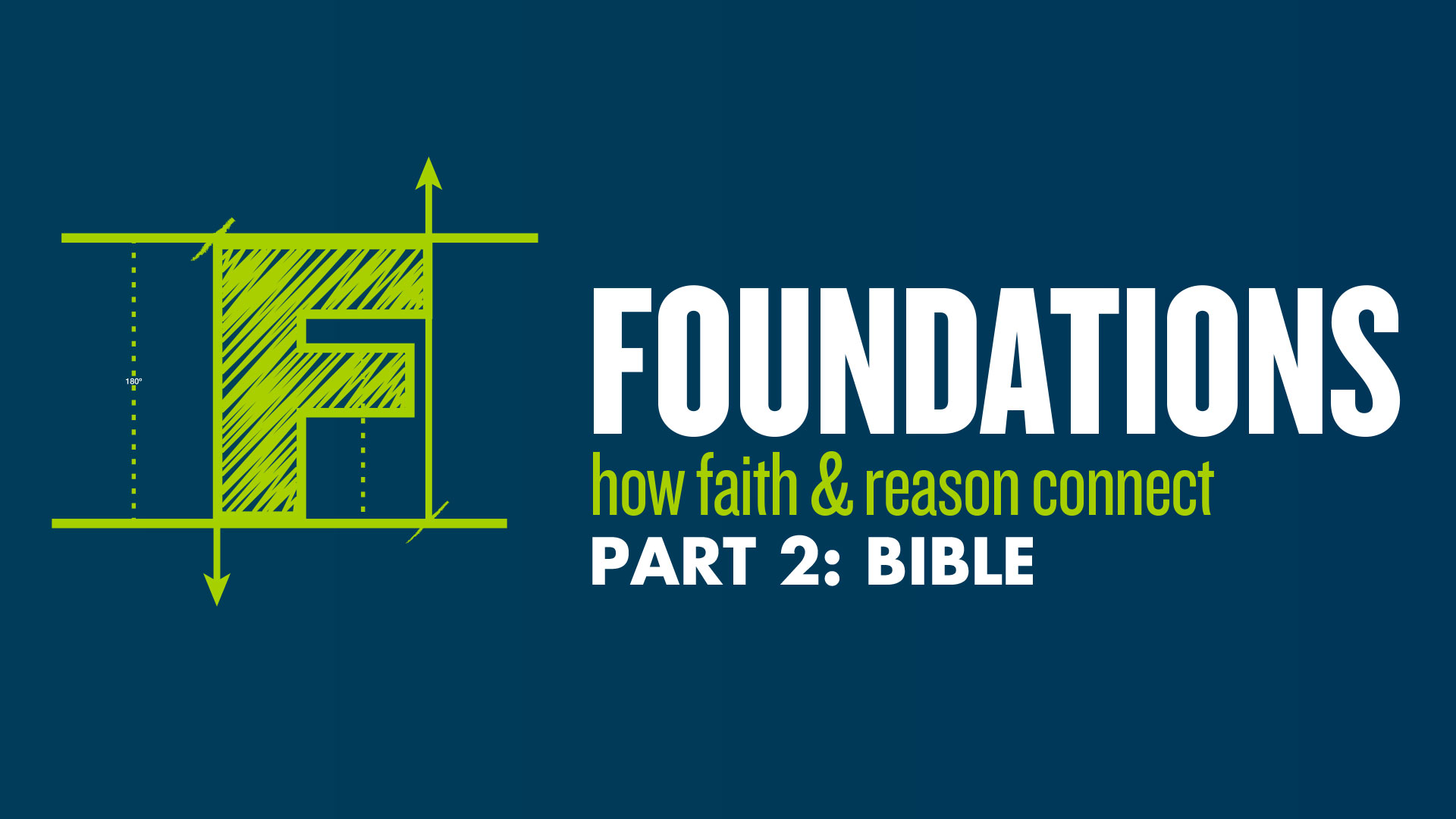How much do you know about the Bible? Not what’s in it — how much do you actually know about it?
Each week in our churches we open up our Bibles (I hope) and try to learn something (I hope). And all over our world other people are doing the same thing. But some of them, instead, are pulling out a Quran, or a Book of Mormon, or some other source of inspiration. And on top of that, are the people who prefer no “holy book” at all; nobody is going to tell them how to live!
Here we arrive at one of the glaring issues in our church culture at large and our Christian youth specifically: we not only lack knowledge of what is in our Bible, but many of us know nothing of the behind-the-scenes evidence to support its authority. Sure, we all say it’s true, because… my mom said so? My pastor said so? The Church said so? I’m supposed to believe it’s true?
As leaders we rightly continue to point our students toward Scripture as their plumb-line for truth, but we rarely provide them with the reasons as to why.
I once had a student explain to me how she found beauty and truth in many different belief systems. She had been learning about some of the more mystical traditions of the Native Americans. As a high school senior who had grown up in the church, she had never learned why the Bible should rank first place.
We tell our students that the Bible is God’s word, but we don’t tell them how we know.
The Mormons and the Muslims both believe their books are additional revelation from God. As our students move forward in life and begin dialoguing with the rest of the culture, do they have the knowledge to weigh and sift this argument?
Without the evidence to support a belief in the validity and trustworthiness of the Bible, it can easily be reduced to another self-help opinion statement on how to be a “good person.” Have you been to Barnes and Noble lately? They have a whole section on self-help; why would I want to read some ancient book?
If you have never discussed this topic, it may be time to start teaching our students about the Bible. This does not have to be a grand event, just start incorporating some detail into your discussions. Learn a little about the evidence that supports the Bible and as you teach and study together, share it. Find pictures of the archeological sites that have been unearthed, point out the prophecy that has been fulfilled, help your students to see the links between stories that were written hundreds of years apart. Don’t be afraid to include modern day criticisms of the Bible – better that students hear them in an environment where there can be further discussion and understanding.
A great resource to start with is “Questioning the Bible: 11 Major Challenges to the Bible’s Authority,” by Jonathan Morrow.
Times of doubt and challenge are here and will continue to come. As you teach your students what is in God’s word, teach them about His word too.
Michelle Rewa
NTS Foundations Teacher
Guest Blogger
© 2015, Never The Same

